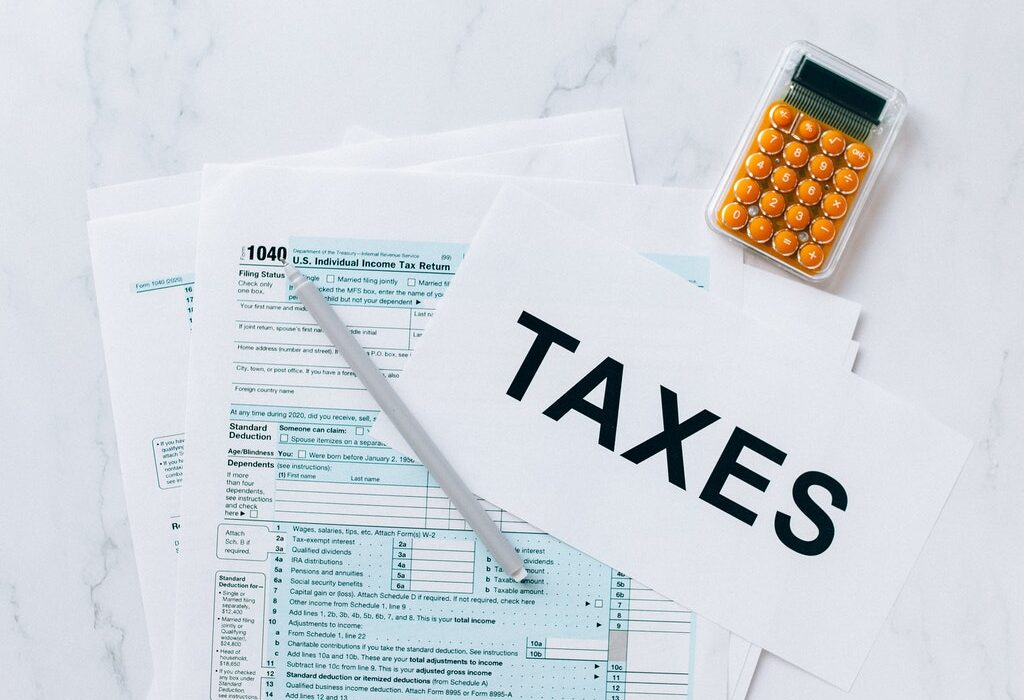If you’re like most people, when tax time rolls around, you kick yourself for not making smarter investments. While your accountant will be instrumental in helping you avoid paying too much, there are also a few financial strategies that might help ease the pain of tax time. By taking these five simple steps, you could end up saving thousands on your taxes.
Increase Retirement Contributions
Retirement accounts are an excellent way to put money away for the future — and defer paying taxes on that money until a later date. The benefits of early retirement savings are dramatic; if you start putting money away at age 25 rather than at age 35, you could easily end up with a significant percent more in your account when you hit retirement.
Start a Health Savings Account
If you have opted for a high-deductible health plan, the employer may offer the chance to pay for eligible out-of-pocket medical expenses and insurance premiums with pre-tax dollars. This could be a smart way to lower your taxable income and put money aside for future health care needs. Aim for the maximum deductible, which is $3,500 for individuals and $7,000 for families.
Accumulate Tax Credits
Tax credits provide a dollar-for-dollar reduction of the income taxes owed by an individual or company. In other words, tax credits are not reduced by the percentage of your marginal tax rate. For example, if you owe $1,500 in federal income tax and qualify for a credit of $1,000, the credit will reduce your tax bill by that full $1,000 — resulting in a final tax bill of only $500.
Optimize Deductions
While there are many tax breaks and credits available to consumers, some of the most important tax benefits are often overlooked or undervalued. Medical expenses can form a significant part of your claim, and if you’ve come through major surgery or illness, your medical expense deduction could be worth thousands. Similarly, giving to charity is a great way to reduce your tax liability.
Look at Your Withholding
The IRS requires you to take a specific amount out of each paycheck, but if your circumstances change and you get married or buy a house, you may want to change the amount withheld. Withholding can be adjusted whenever you wish to, so if you’re sticking to a budget with robust savings goals, withholding less money could help achieve your ultimate financial goals.







